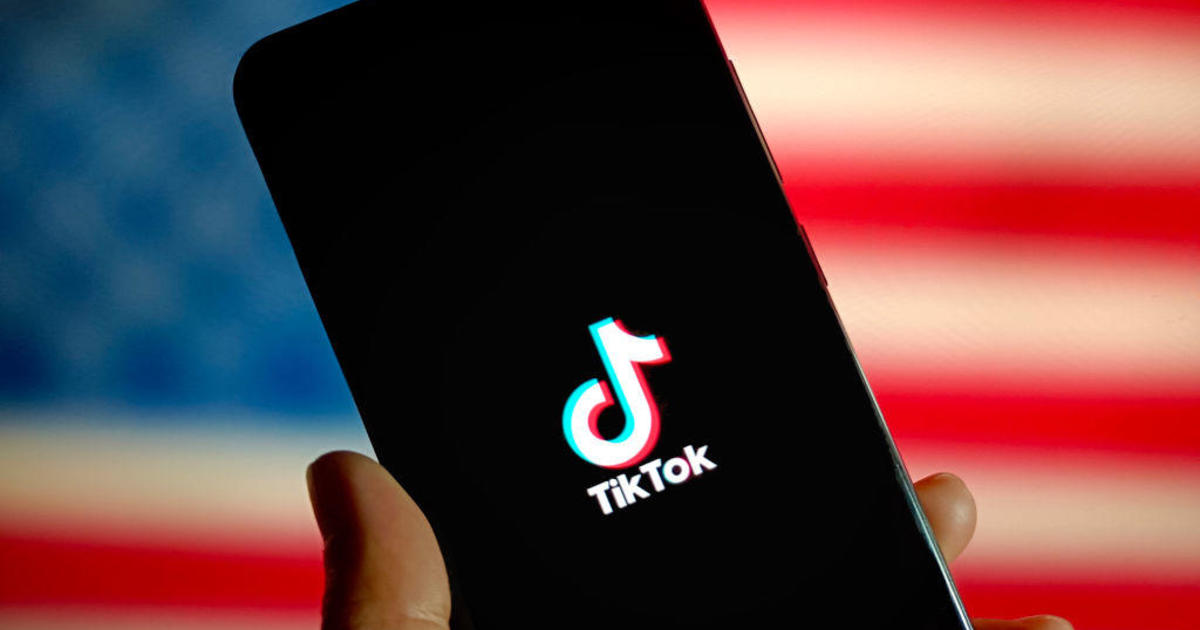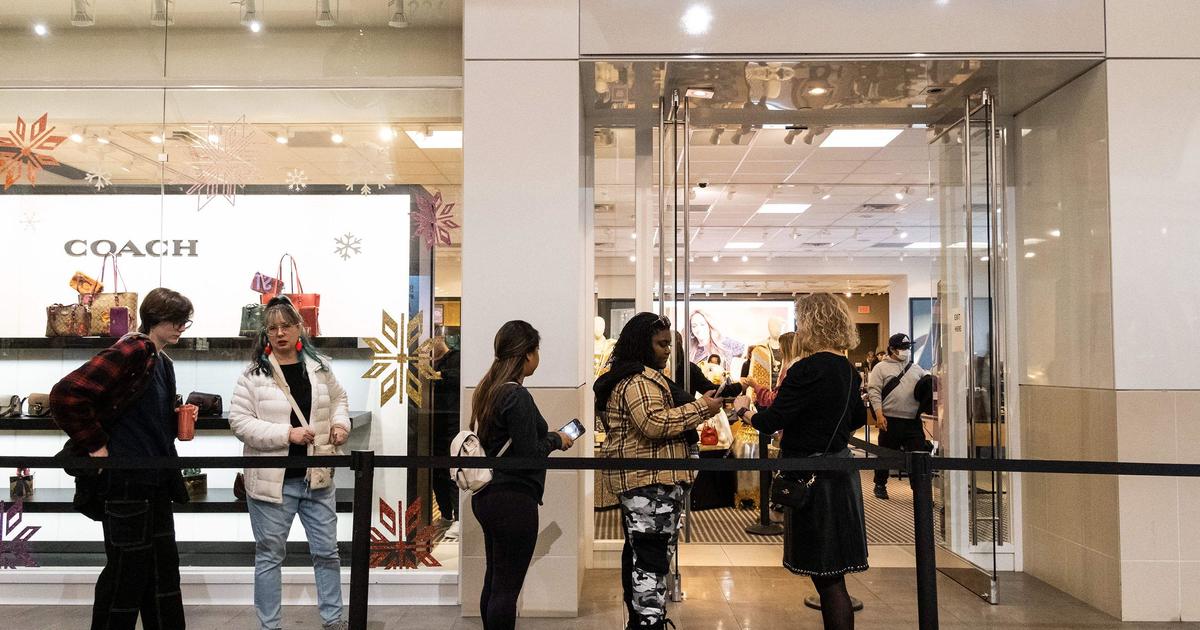Travis Kalanick stands to make nearly $9 billion from Uber's IPO
- Uber founder and former CEO Travis Kalanick could make nearly $9 billion when the ridesharing service goes public as early as next month.
- Kalanick owns 8.6 percent of Uber, making him the company's largest individual shareholder.
- The controversial entrepreneur's reign at Uber ended in 2018 when he left under pressure from investors amid mounting scrutiny of the firm.
Although it's been more than a year since Travis Kalanick ran Uber, he's in line for a mammoth payday -- the ridesharing company's founder and former CEO could earn nearly $9 billion when it goes public early next month.
Kalanick, who was pushed out in 2017 after a series of management scandals, owns 8.6 percent of Uber's shares, according to securities filings. If Uber's initial public offering valued the company at upwards of $100 billion, as has been reported it could, on paper Kalanick would be $8.6 billion richer.
What's more, Kalanick stands to make more than any individual Uber investor or director. (Only SoftBank's Vision Fund and Benchmark Capital Partners owns a larger stake in the company.)
It's not unusual for entrepreneurs to be ousted from the companies they start. Apple CEO Steve Jobs and Twitter CEO Jack Dorsey were both dismissed from their companies before being brought back into the fold. More unusual is for a deposed founder to see such outsized gains in an IPO involving a company he or she no longer runs, said Arun Sundararajan, a professor at New York University's Stern School of Business.
"I can't recall a time when the single biggest beneficiary of an IPO is no longer involved when they go public," he said.
Kalanick, who founded Uber in 2009, remains on the company's board. Not surprisingly, his influence is greatly diminished from the days when he was chief executive and also controlled the board—a period corporate governance experts now cite as a cautionary tale.
Roughly five years into Kalanick's reign, Uber faced mounting criticism for its treatment of drivers, evasion of local laws and what many employees said was a toxic corporate culture. Key executives fled, while cities in the U.S. and around the globe wrestled with the flood of Uber vehicles on their streets.
Amid growing scrutiny of Uber's activities and his leadership, Kalanick in early 2017 became embroiled in a PR fiasco. The executive was caught on video arguing with an Uber driver who complained about falling fares, with Kalanick angrily berating the driver for not taking "responsibility" for making a living.
That June, key investors pressed Kalanick to step down. Dara Khosrowshahi, formerly of Expedia, took the helm in August. Although he has steadied Uber's performance, the company's approaching IPO is again thrusting it into the spotlight. Drivers for Uber and rival Lyft are planning a 24-hour work stoppage on May 8 in eight U.S. to demand better pay and working conditions.
After he resigned, Kalanick sold about one-third of his Uber stake for $1.4 billion, and the board took steps to minimize his role in the company. Given his diminished power, the scale of Kalanick's stake in Uber is unlikely damage the company. In fact, it could incentivize good behavior, Sundararajan said.
"If someone has billions of dollars worth of stock in a company, they're going to want to make sure they behave in a way so that that equity is as valuable as possible in the long run," he said.



